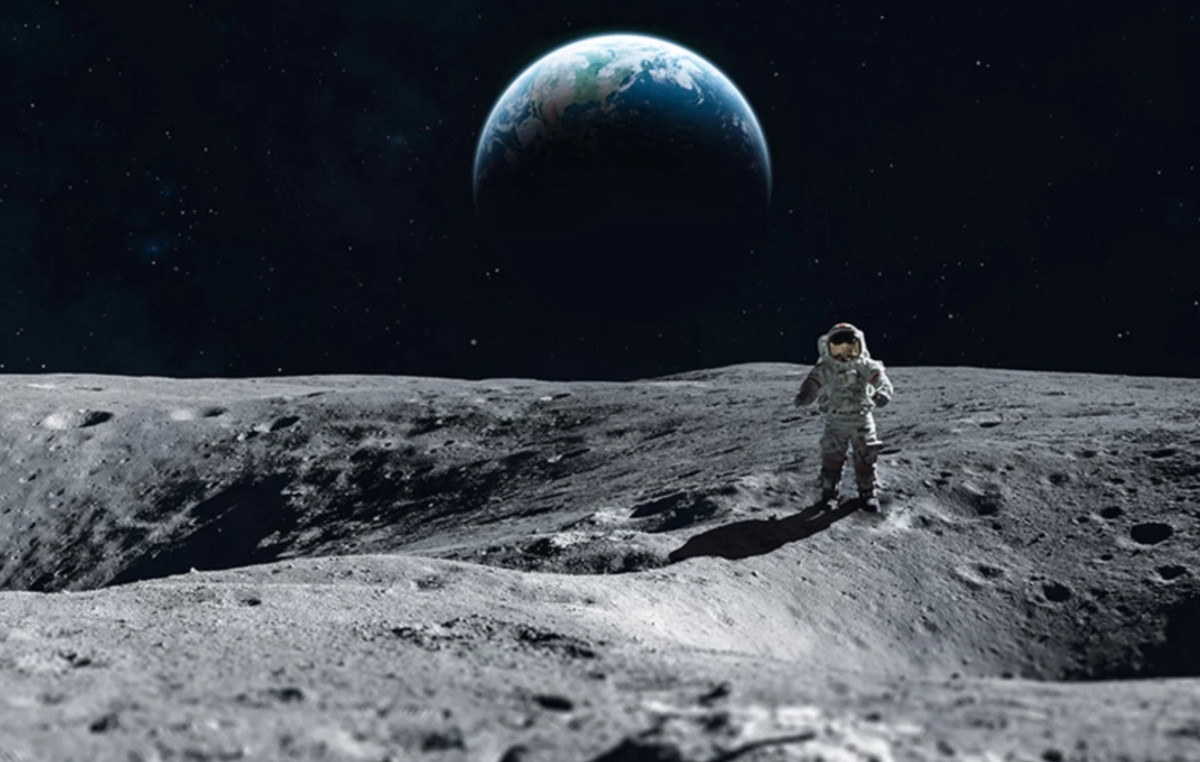When US President Joe Biden landed in Ukraine to meet his counterpart Volodymyr Zelensky on Monday, China’s top diplomat was traveling in the opposite direction, en route to Russia.
Wang Yi – who was promoted to Chinese leader Xi Jinping’s top foreign policy adviser last month – is due to arrive in Moscow this week as part of his eight-day tour of Europe, a trip that brings to the fore the China since Russian tanks entered Ukraine a year ago.
The optics of the two trips – coming just days before the one-year anniversary of the brutal war on Friday – underscores the sharpening of geopolitical fault lines between the world’s two superpowers.
As relations between the US and China continue to plummet – most recently due to the fallout from an alleged Chinese spy balloon that entered US airspace, China and Russia are closer than ever since their leaders declared a friendship “no limits” a year ago – in part driven by their shared animosity towards the United States.
And as the US and its allies reaffirm their support for Ukraine and step up military aid, Beijing’s deepening partnership with Moscow has raised alarm bells in western capitals – despite China’s public charm offensive in Europe to present itself as a peace negotiator. .
At the Munich Security Conference on Saturday, Wang addressed a room of European officials as a “dear friend” and praised China’s commitment to peace, while apparently trying to drive a wedge between Europe and the US.
“We have not added fuel to the fire and are against reaping the benefits of this crisis,” Wang said in a thinly-veiled criticism of the US, echoing the propaganda message that regularly appears on China’s prime-time evening news — that the US is intentionally prolonging the crisis. war because your gun makers are making huge profits from selling guns.
“Some forces may not want peace talks to materialize. They don’t care about the life and death of Ukrainians or the damage to Europe. They may have bigger strategic goals than Ukraine itself. This war must not continue,” Wang said.
He urged European officials to think about “what structure should there be to bring lasting peace to Europe, what role should Europe play in manifesting its strategic autonomy”.
Wang also announced Beijing’s plan to release its proposed “political resolution” of the Ukraine crisis around the first anniversary.
But vague mention of the proposal has been met with suspicion by some Western leaders who are closely watching any support China gives its northern neighbor — especially assistance that could help Russia on the battlefield.
“We need more proof that China is not working with Russia, and we are not seeing that right now,” European Commission President Ursula Von der Leyen told reporters. CNN on Saturday.
Such suspicions are compounded by allegations by US officials that Beijing is considering stepping up its partnership with Moscow, providing “lethal support” to Russia’s military.
“We’ve been watching this very closely,” US Secretary of State Antony Blinken told “Face the Nation” on CBS in Munich on Sunday.
“The concern we have now is based on information that they are considering providing lethal support, and we made it very clear to them that this would cause a serious problem for us and our relationship,” Blinken said.
Responding to the allegations on Monday, China’s Ministry of Foreign Affairs criticized the US for “avoiding responsibility, shifting blame and spreading false information”.
“It is the US side, not the Chinese side, that supplies a constant flow of weapons to the battlefield. The US side is not qualified to lecture China and we would never accept the US dictating or even coercing Sino-Russian relations,” a ministry spokesman told a regular news conference.
“Who is asking for dialogue and peace? And who is handing out knives and encouraging confrontation? The international community can see it clearly,” said the spokesperson.
US officials cared enough about the intelligence that they shared it with allies and partners in Munich, according to a report by the CNN .
In a meeting with Wang backstage at the conference on Saturday, Blinken also raised the issue and warned Wang of its “implications and consequences”, according to a US reading.
The US accusations, if true, would mark a major escalation in China’s support for Russia – and would usher in a dangerous and unpredictable new phase in the war itself.
Previously, Beijing had carefully avoided actions that could trigger secondary sanctions, which would deal a devastating blow to an economy crippled by three years of costly Covid-zero policy.
While Beijing claims impartiality in the conflict and no prior knowledge of Russia’s intentions, it has refused to condemn Moscow and has echoed the Kremlin’s lines blaming NATO for provoking the conflict.
And while Beijing’s pro-Russian rhetoric appears to have softened in recent months, its support for Moscow — when measured by its annual trade, diplomatic engagements and schedule of joint military exercises — has surged in the past year.
Chinese officials often calibrate their narrative for different audiences. Wang may have made many enticing promises during his European trip, but whether they will be translated into a consistent message to deliver to Russian leader Vladimir Putin when the two meet in the Kremlin this week is another question.
Source: CNN Brasil
Bruce Belcher is a seasoned author with over 5 years of experience in world news. He writes for online news websites and provides in-depth analysis on the world stock market. Bruce is known for his insightful perspectives and commitment to keeping the public informed.







